The situation in the Red Sea has become critical after recent world events. Starting in November, Houthi rebels increased the frequency of their attacks in the Red Sea area near Yemen.
The goal of these attacks is to disable vessels or take them over with missile attacks. Despite the rise in missile attacks from the rebels, no injuries have been reported from crew members so far.
Damage to Vessels Intentisfy
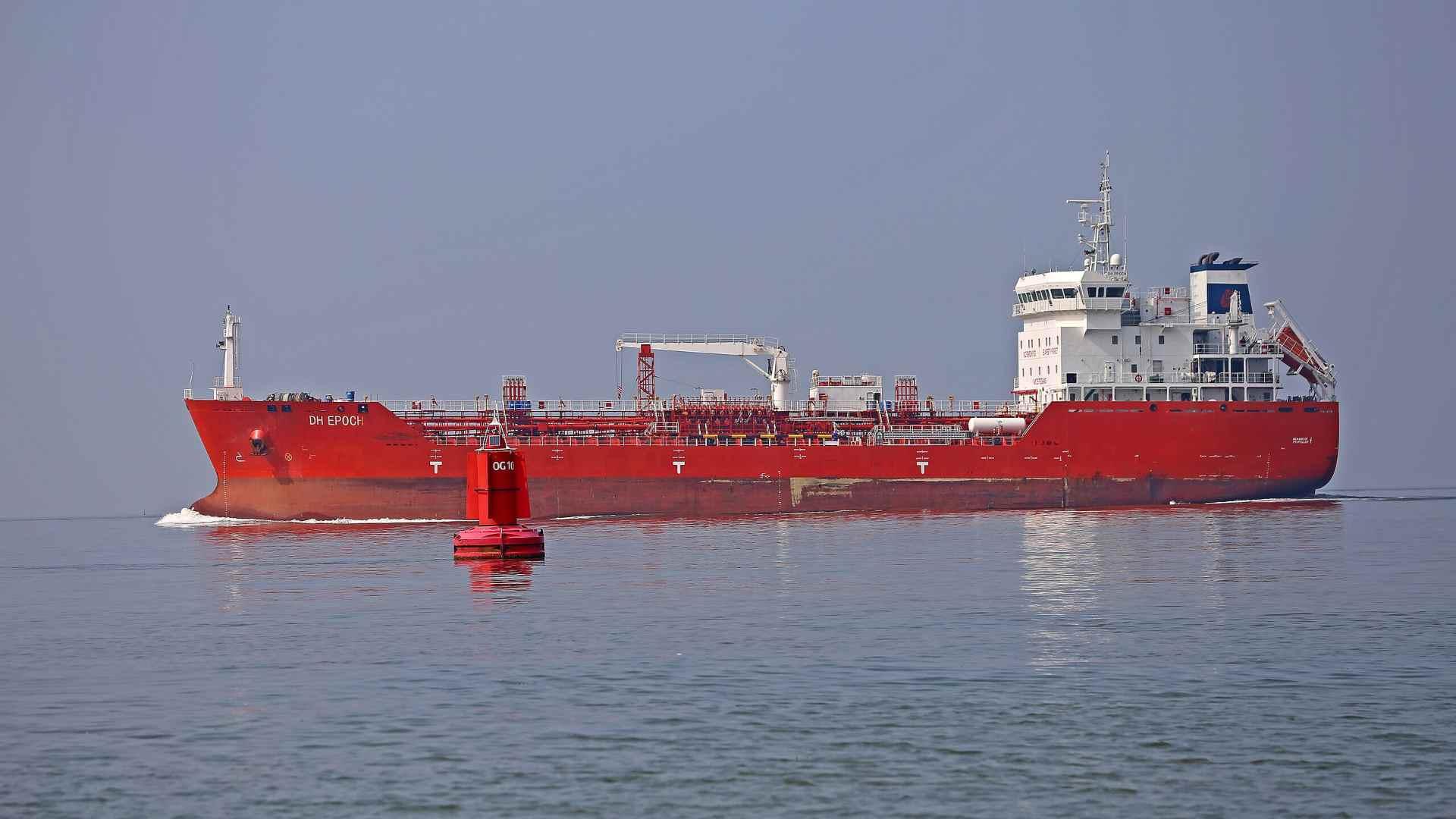
Houthi rebels have succeeded in striking numerous vessels shipping products in the Red Sea. Many ships operating in the area are shipping vessels delivering products and conducting international trade.
Crew members on these ships are growing scared and more anxious as the attacks are a constant threat on their routes. Evacuation plans are critical to ensure the safety of the workers who crew these vessels.
Captains Are Worried About Security

Many of the crew members of these vessels are trying to keep quiet so as not to draw attention to themselves.
One crew member, Captain Chirage, spoke to the BBC on the condition that he didn’t disclose his full name or his vessel. “The safety of the crew, their life, it comes first, and after that, safety of the vessel and environment,” he said.
No Peace for Crew Members
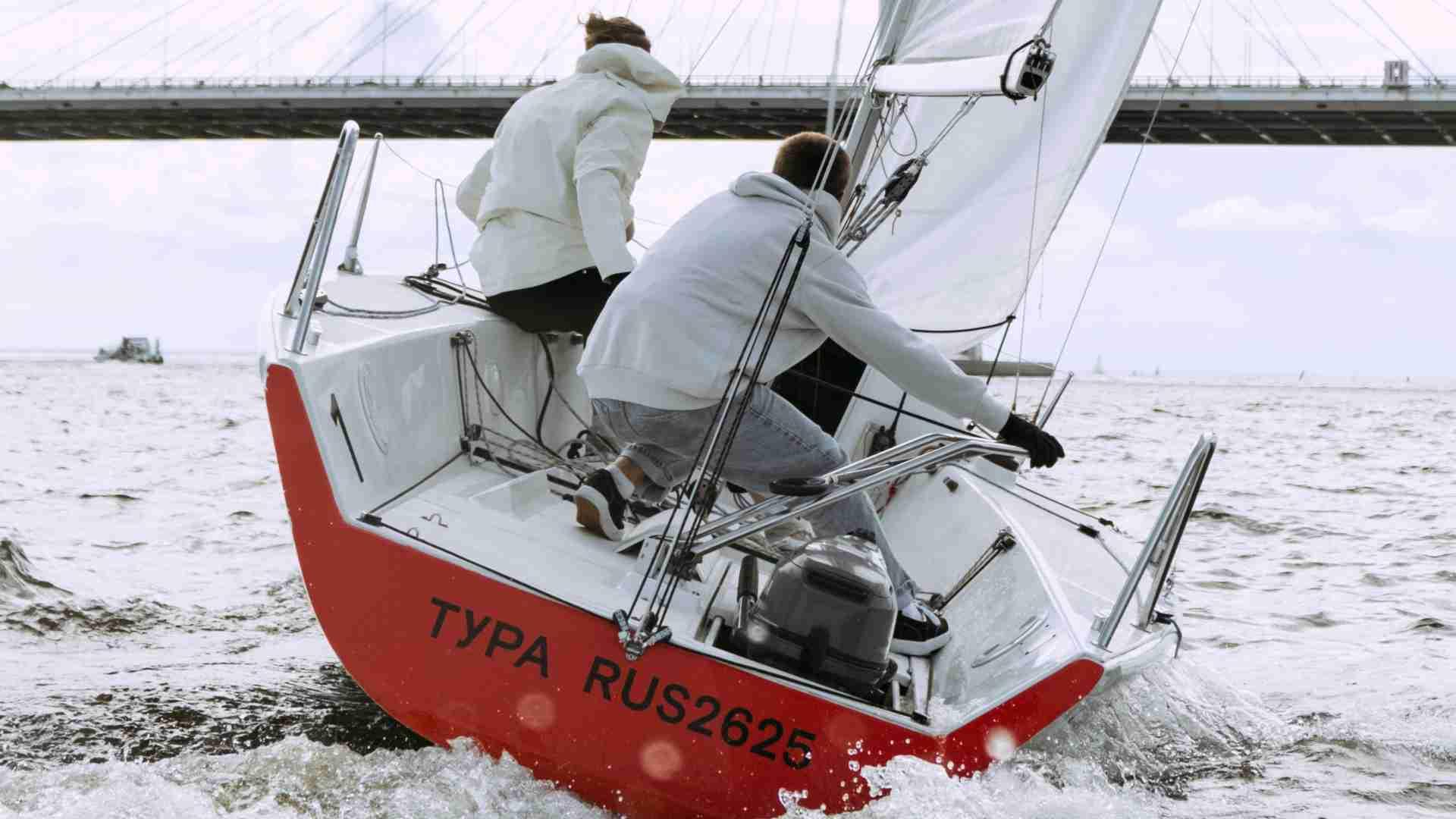
In his interview, Chirage emphasized the mental toll that the possibility of being attacked has on him and his crewmates.
“You cannot be at mental peace always. You will be worried. So even my family — they are scared all the time, and they were anxiously praying [for] the vessel [to] come out of this area safely,” he said. Crew members manning other vessels expressed similar fears to him.
Human Lives Are at Stake
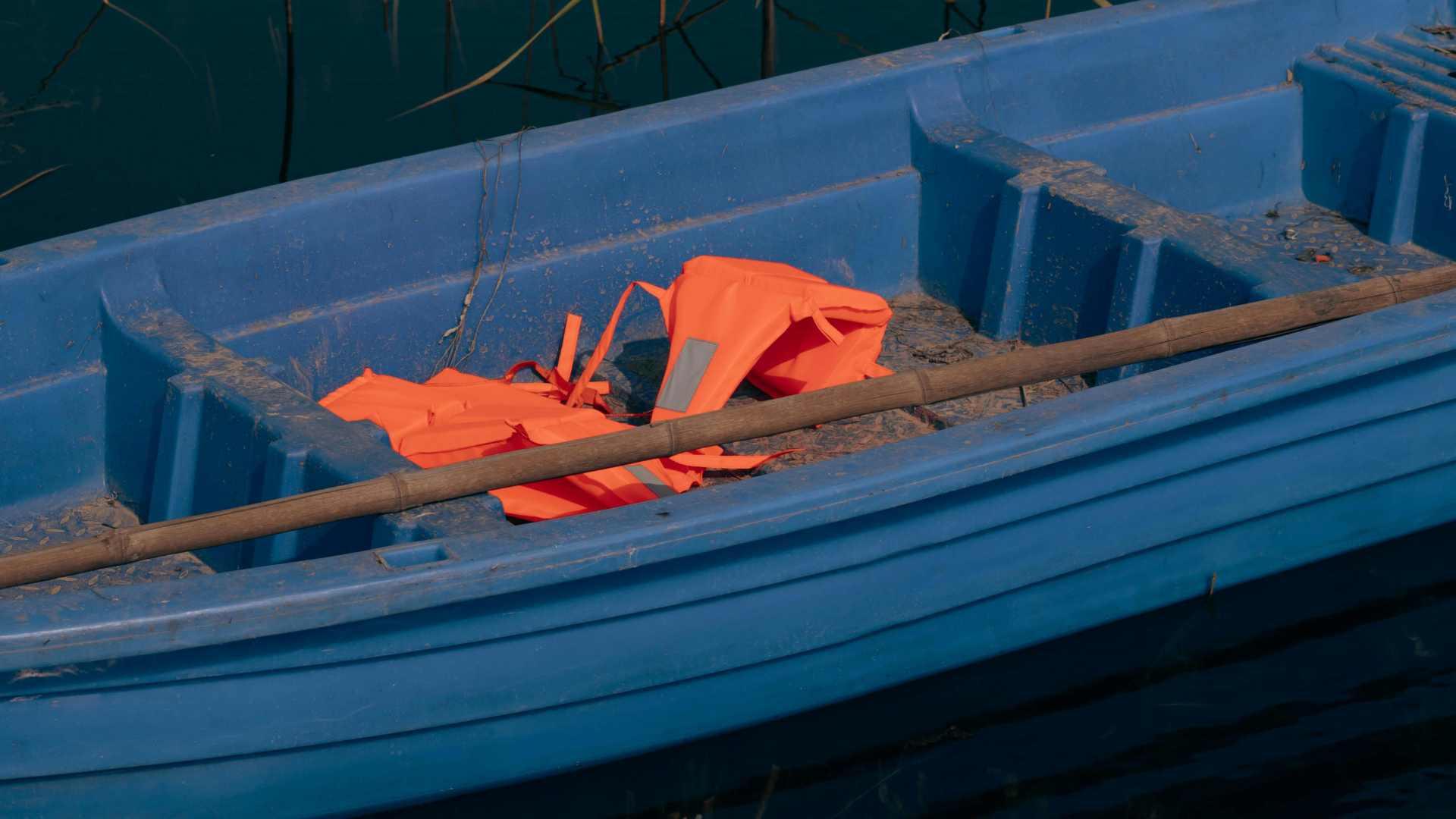
Over 1.9 million people are working on ships around the world, according to the organization Mission to Seafarers. It is these people who are responsible for the over 90% of international trade that happens over the world’s oceans.
U.N. International Maritime Organization (IMO) Secretary-general Arsenio Dominguez assured the BBC that protecting these people is “paramount” and a top priority for the organization.
Economic Stakes Are High

Because so much of global trade happens over the world’s oceans, these attacks have the potential for dire consequences on the world stage. According to the BBC, 15% of global sea trade passes through the Red Sea.
If these attacks continue with regular frequency, there could be a massive disruption to supply chains. A disruption in supply chains for companies will increase prices for customers in the short term and delays in firms receiving necessary products.
Alternative Shipping Routes Aren’t an Ideal Option

The Red Sea route saves a lot of time for many shipping vessels because it cuts right between Africa and West Asia.
The next fastest route is the Cape of Good Hope route, which would add an estimated nine more days for a ship traveling from the U.K. to Taiwan. Despite the massive increase in transport time, some companies, like the Mediterranean Shipping Company, are switching routes, which speaks to the seriousness of the situation.
The Beginning of the Ship Attacks
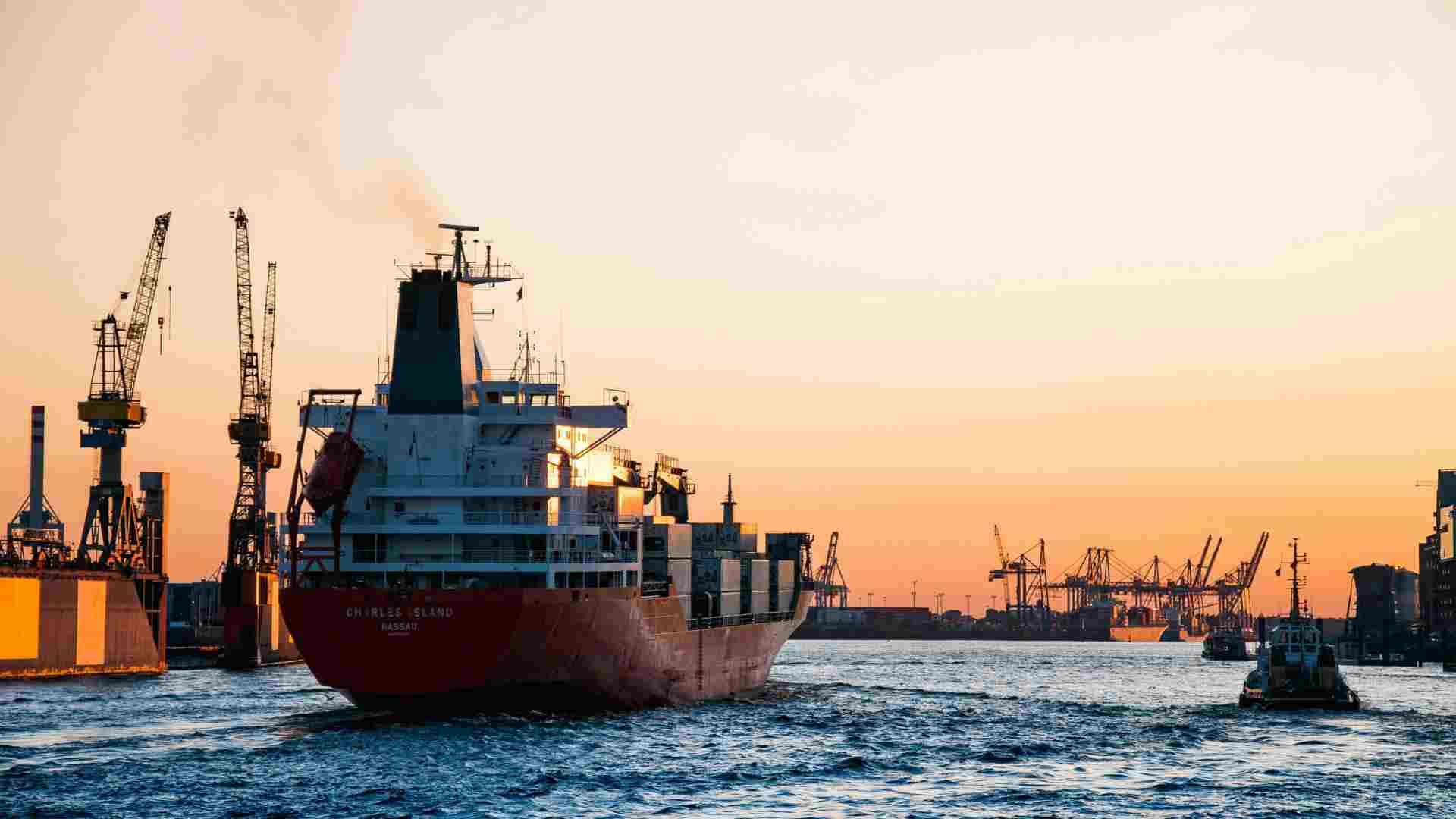
The attacks were first reported to have begun with an attack on a car carrier called the Galaxy Leader on Nov. 19.
The ship was captured by the Houthi rebels operating in Yemen who still hold it to this day. The rebels captured the vessel by boarding with the assistance of a helicopter. The rebels see the ship’s capture as a symbolic victory for their movement and have turned the vessel into a tourist attraction.
Who Are the Houthi Rebels?

The Houthi Rebels are an Iranian-backed group that holds bases in Yemen and considers Israel an adversary.
Their stated goal is to eventually control Yemen and support efforts to counter the influence of the United States, Israel, and Saudi Arabia in the region. After Oct. 7 and the start of the Israel-Hamas war, the Houthis have started firing missiles and drones at Israel.
Why Are the Houthi Rebels Attacking Red Sea Vessels?

Vessels in the Red Sea are responsible for transporting goods to many stops along the way, including Israel.
Houthi rebels started attacking ships that they determined were Israel-owned or were heading to Israeli naval ports. It is their goal to disrupt Israel economically so they can put a stop to the Israel-Hamas war. However, many of their targets have no connections with Israel.
The United States Is Involved
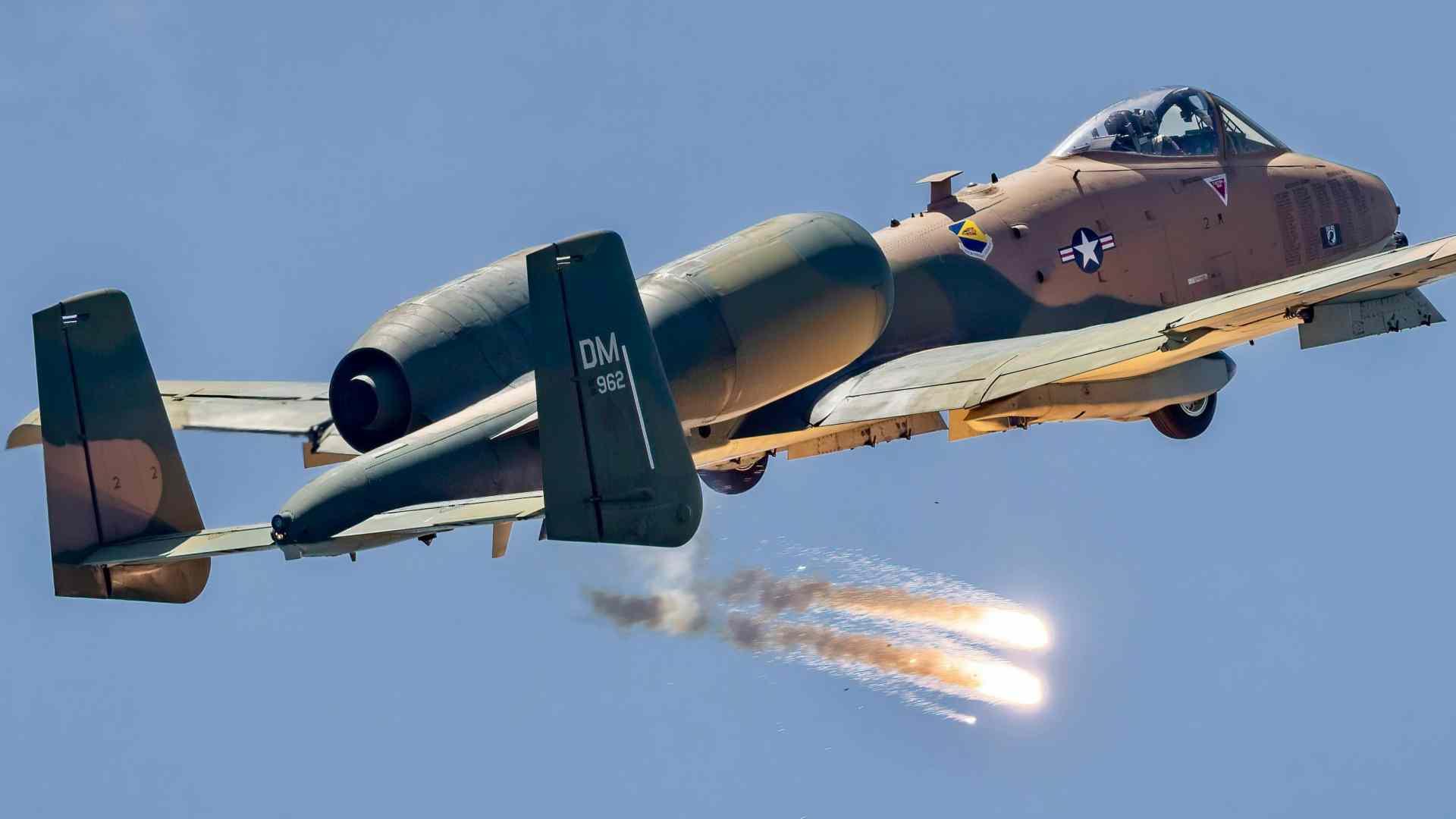
Because the United States has interests in the region, including protecting global trade, they have stationed naval forces in the area.
Many of the Houthi attacks thus far have had limited success thanks to U.S. naval intervention. The United States and its allies are also involved in a bombing campaign in Yemen with the goal of hitting Houthi targets in retaliation for the ship attacks.
No End in Sight
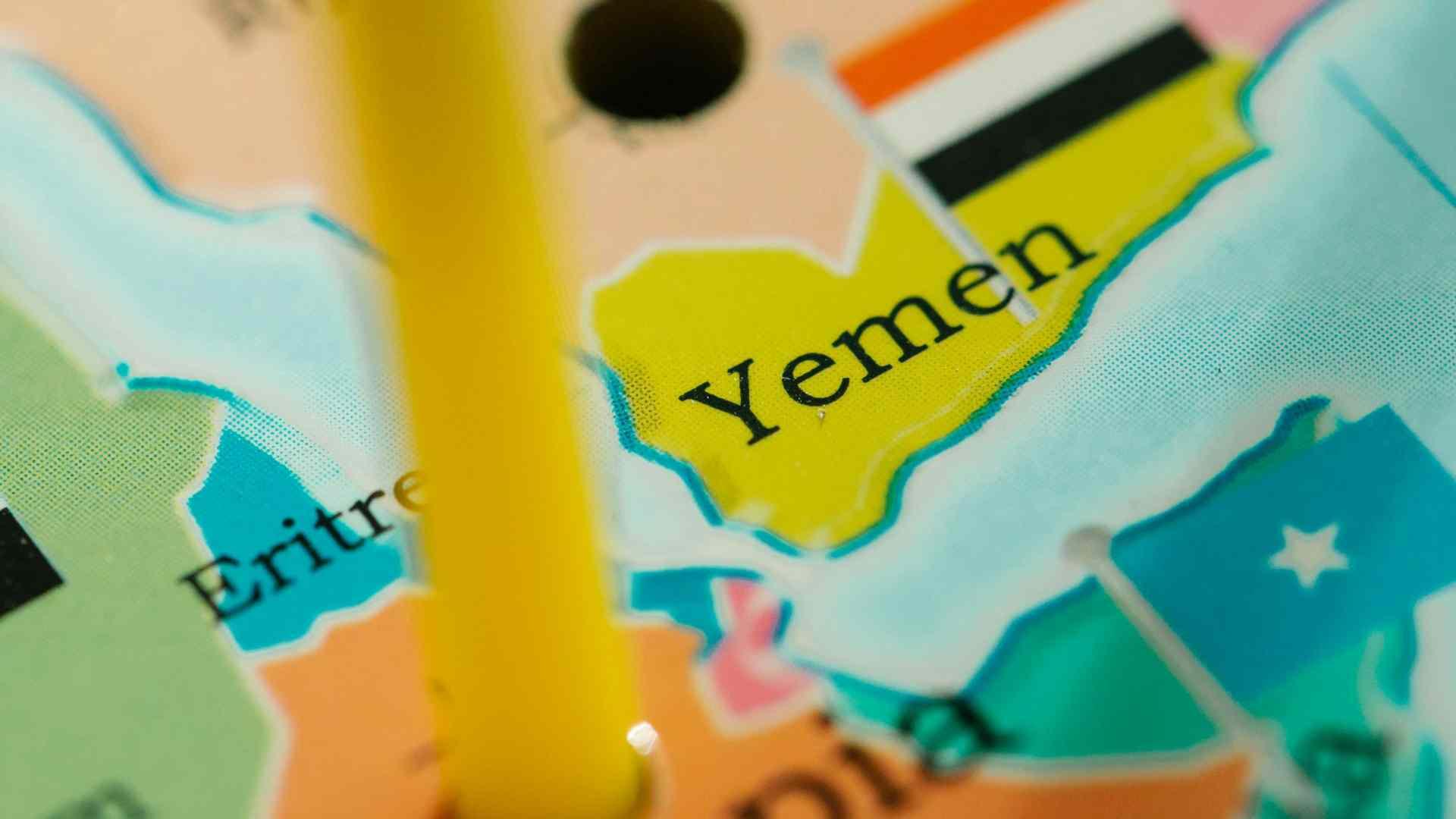
The war in Yemen has been going on for nearly a decade and is showing no signs of slowing down.
Many peace attempts have been tried but none have succeeded thus far. In 2022, things were looking good after a truce was successfully renewed. After the attack on Israel on Oct. 7, more fuel has been added to the conflict that seems it will go on forever.
